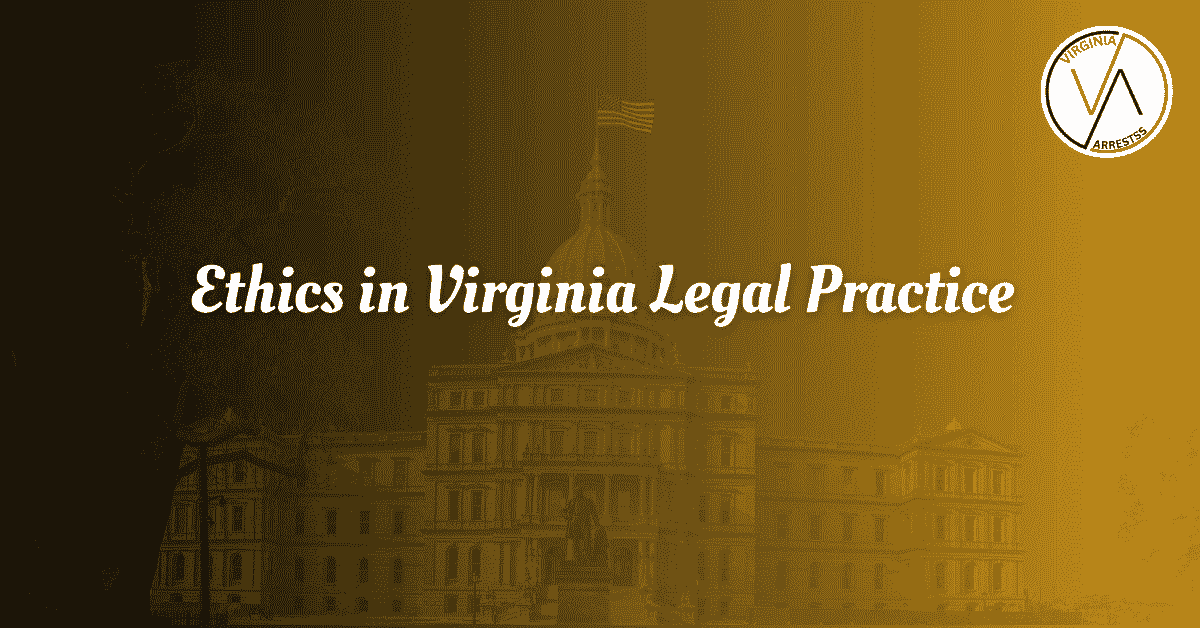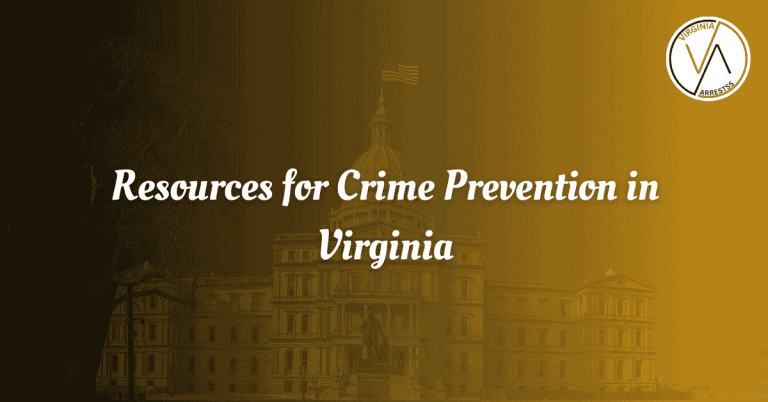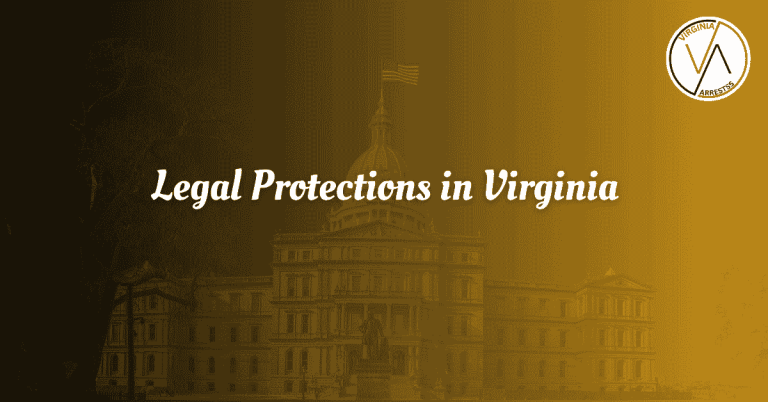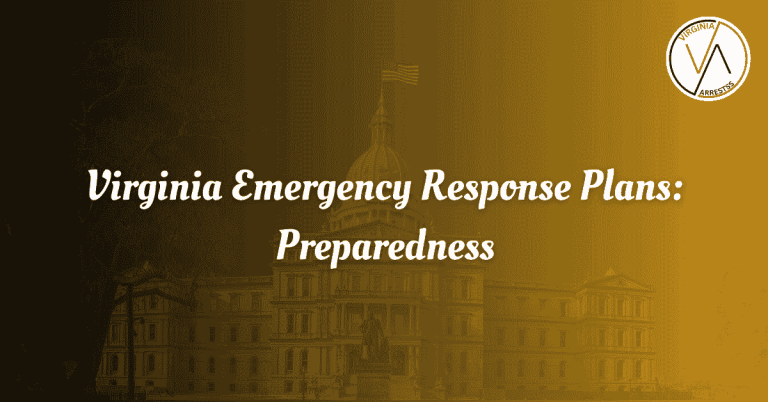Ethics in Virginia Legal Practice
Ethics in Virginia Legal Practice is a crucial aspect that all legal professionals must adhere to. Upholding ethical standards ensures the integrity and fairness of the legal system in Virginia. It involves maintaining confidentiality, avoiding conflicts of interest, and providing competent representation to clients.
Furthermore, Ethics in Virginia Legal Practice dictates the behavior and conduct of lawyers in their interactions with clients, colleagues, and the court. By following ethical guidelines, legal practitioners uphold the principles of justice and contribute to a more transparent and trustworthy legal environment in Virginia.
Ethical Foundations of Legal Practice
Integrity, professionalism, and responsibility are the cornerstones of ethical legal practice in Virginia. Lawyers are expected to act in the best interests of their clients, while also upholding the law and ethical standards set by the Virginia State Bar.
Integrity, Professionalism, and Responsibility in Legal Practice
Integrity is essential for lawyers to build trust with their clients and the legal system. Professionalism ensures that lawyers conduct themselves with dignity and respect, while responsibility requires lawyers to uphold their duties to their clients and the court.
Crucial Role of Ethical Obligations for Legal Professionals
Legal professionals in Virginia have a duty to adhere to ethical obligations in order to maintain the integrity and credibility of the legal system. By following ethical guidelines, lawyers can ensure that justice is served and the rights of all parties are protected.
Principles Guiding Virginia Lawyers
Virginia lawyers are guided by a set of principles that outline their ethical responsibilities and obligations. By navigating the rules and standards of the legal profession, lawyers can ensure that they are acting in accordance with the law and ethical guidelines.
Navigating Rules and Standards in Legal Profession
Understanding and adhering to the rules and standards of the legal profession is essential for Virginia lawyers to maintain their ethical obligations. By following these guidelines, lawyers can ensure that they are acting in the best interests of their clients and the legal system.
Insight into the Moral Compass of Legal Professionals
The moral compass of legal professionals in Virginia guides their decision-making and actions in legal practice. By upholding ethical values and principles, lawyers can ensure that they are acting in a manner that is fair, just, and in accordance with the law.
Ethical Dilemmas Faced by Lawyers in Virginia
Lawyers in Virginia often face ethical dilemmas that test their moral compass and professional integrity. Understanding the role of ethics in upholding values in the legal profession is essential for navigating these challenges and maintaining credibility.
Role of Ethics in Upholding Values in Legal Profession
Ethics play a crucial role in upholding the values of the legal profession in Virginia. By maintaining integrity and credibility in their work, lawyers can ensure that they are upholding the principles of justice and fairness in the legal system.
Maintaining Integrity and Credibility in Legal System
Integrity and credibility are essential for lawyers to maintain in the legal system. By adhering to ethical obligations and principles, lawyers can ensure that they are acting in a manner that is consistent with the values of the legal profession and the rule of law.
Frequently Asked Questions
Explore our comprehensive FAQ section to find answers to common queries regarding Ethics in Virginia Legal Practice.
What are the ethical rules that lawyers in Virginia must follow?
Lawyers in Virginia are bound by the Virginia Rules of Professional Conduct, which outline ethical standards regarding client confidentiality, conflicts of interest, and professional behavior.
How can a lawyer maintain confidentiality with their clients in Virginia?
In Virginia, lawyers must uphold strict confidentiality with their clients, only disclosing information with the client’s consent or as required by law. This includes ensuring that all electronic communications are secure and protected.
What happens if you break the rules in Virginia law?
Violating ethical rules in Virginia legal practice can result in disciplinary actions by the Virginia State Bar, including suspension or disbarment. It is essential for lawyers to adhere to these rules to maintain their professional integrity.
How can lawyers in Virginia avoid conflicts of interest in their practice?
Lawyers in Virginia must identify and address potential conflicts of interest with clients to maintain ethical standards. This includes disclosing any conflicts and obtaining informed consent from clients before proceeding with representation.
What’s out there for VA lawyers to keep up with ethics?
The Virginia State Bar provides resources, including ethics opinions, seminars, and publications, to help lawyers stay informed about ethical guidelines and best practices in legal practice. It is essential for lawyers to regularly review these resources to ensure compliance with ethical standards.
How can clients in Virginia verify the ethical standing of their lawyer?
Clients in Virginia can verify the ethical standing of their lawyer by checking the Virginia State Bar website, which provides information on lawyers’ disciplinary history and ethical complaints. It is crucial for clients to do their due diligence before engaging legal representation to ensure ethical conduct.







